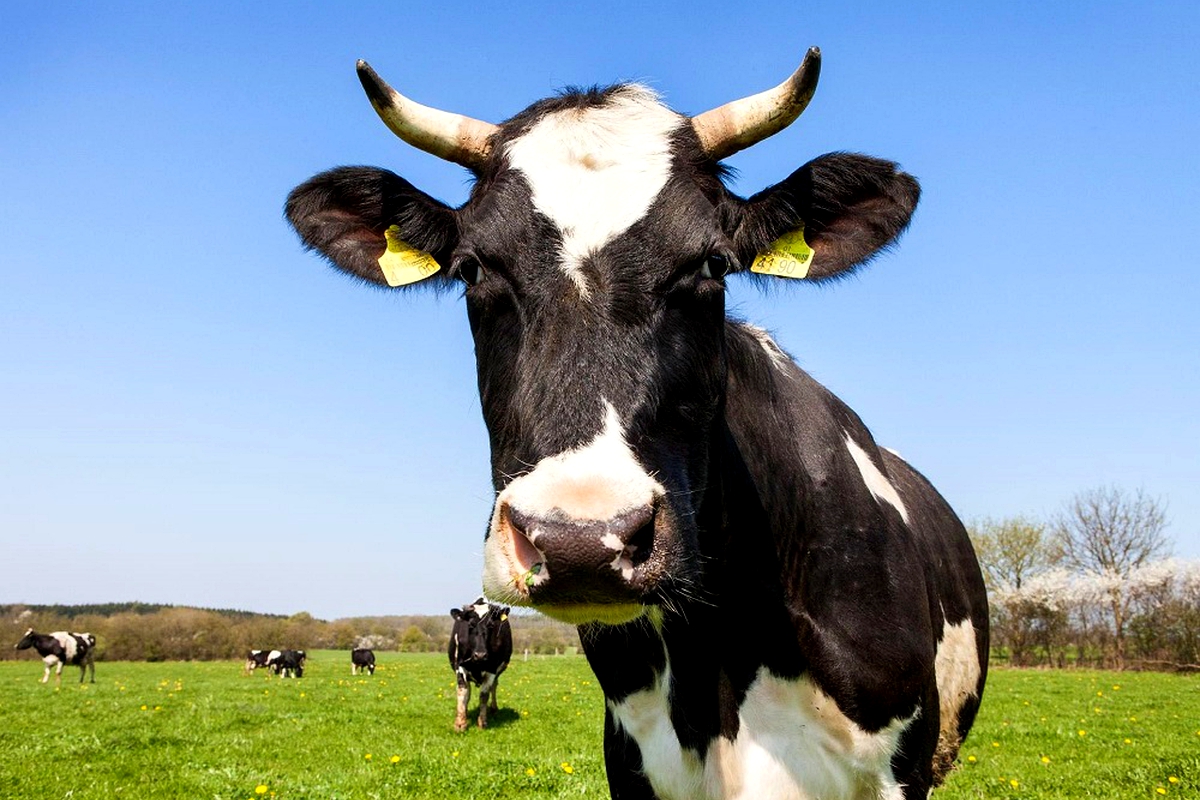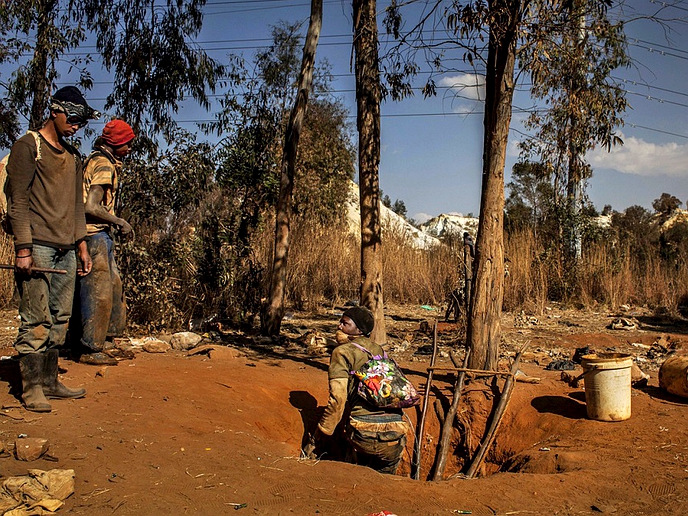GOVERNMENT has tightened the noose on the importation of livestock and its products following an outbreak of the foot and mouth disease in South Africa.
business
April 30, 2022
STAFF REPORTER
3 min read
Govt tightens noose on livestock imports

Story highlights
the department had since resolved to impose additional conditions on the import permits for live cloven hoofed animals such as cattle, sheep, goats and pigs following a March 28 letter from the Directorate of Animal Health of South Africa, detailing the spread of foot and mouth disease that started in Limpopo in 2019.
The disease has since spread to the Free State, Kwazulu-Natal, and North West provinces with the recent case reported in Gauteng on April 11.
It is feared that a total ban could potentially be imposed on local livestock products such as wool and mohair, which are the major agricultural exports from Lesotho to international markets.
The livestock department is worried that the latest outbreak could result in devastating economic losses once the country is infected with the virus, reducing agricultural contribution to economic growth.
Dr Lehloenya said additional requirements included mandatory laboratory testing of animals, sampling, and isolation.
Any person who wishes to import frozen and semen of domestic ruminants and pigs must apply for a permit at the department.
The permit will attest that the donor males were kept in an artificial insemination centre where no animal had been added in the 30 days before collection.
It must be proven that the virus would have not occurred within a 10km radius of the artificial insemination centre for 30 days before and after collection.
It should also be confirmed that the donor males are also subjected to, not less than 21 days after collection of the semen, tests for antibodies against the foot and mouth disease with negative results.
Enjoy our daily newsletter from today
Access exclusive newsletters, along with previews of new media releases.
Another requirement is that the semen from South Africa should have been stored for a period of at least one month following collection, and that during that period no animal on the establishment where the donor males were kept showed any signs of the virus.
“Importation of fresh semen is prohibited,” Dr Lehloenya said. “Meat and meat products from affected species will be imported strictly from animals which have been slaughtered in an approved slaughterhouse or abattoir and have been subjected to ante and post mortem inspections, with favourable results.”
She said meat products would be screened to ensure the destruction of the foot and mouth disease.
Already, butcheries and meat vendors are experiencing a scarcity of red meat.
Tailored for you






